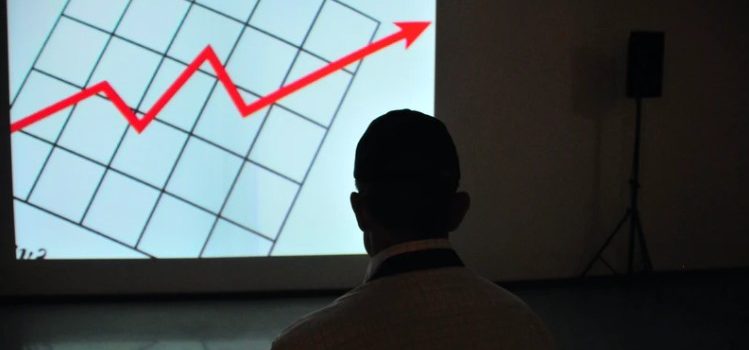Do you understand your customers’ perspective? Do you know how to appeal to that worldview? Seth Godin argues that it’s vital to understand your customers’ perspective—their worldview. He discusses what a worldview is, why it’s important, and how to appeal to a perspective using frames, euphemisms, and oxymorons. Read more to learn about the customers’ perspective.
How to Appeal to Your Customers’ Perspective










